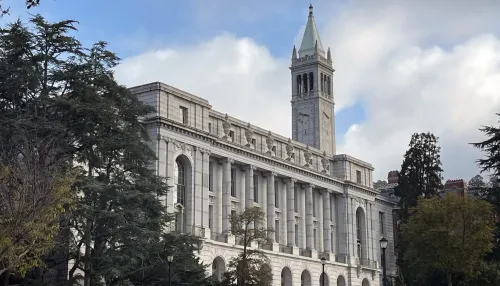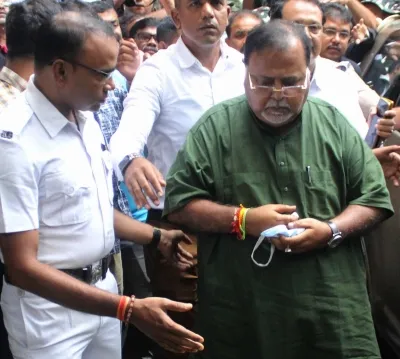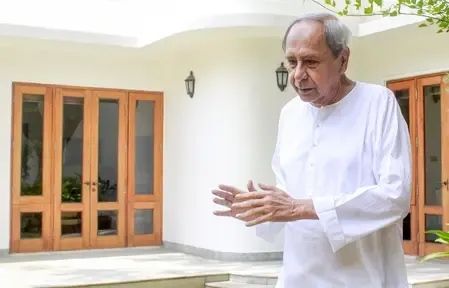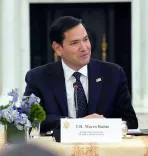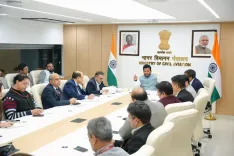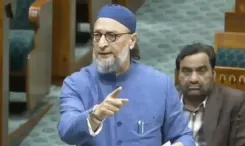Energy Week 2025: India Secures Agreements for a Sustainable Energy Future

Synopsis
Key Takeaways
- India signed multiple strategic agreements to secure energy supplies.
- Partnerships focus on sustainability and innovation in the energy sector.
- Contracts include LNG procurement and crude oil imports.
- New initiatives aim to strengthen India’s position as an energy supplier.
- Technological advancements are key to enhancing production efficiency.
New Delhi, Feb 14 (NationPress) During the ‘India Energy Week 2025’, several pivotal agreements were established, reflecting the nation’s dedication to ensuring affordable, sustainable, and diversified energy sources. Union Minister of Petroleum and Natural Gas, Hardeep Singh Puri, emphasized the importance of global partnerships in advanced energy solutions.
These collaborations are essential for reaching our energy transition objectives and establishing a solid and resilient energy framework for India, stated the Union Minister.
Throughout the ‘India Energy Week’, multiple agreements and MoUs were signed to boost energy security, broaden supply channels, and encourage innovation within the oil and gas industry.
According to the Minister, these agreements represent significant progress towards a more resilient and sustainable energy future for India.
In a bid to diversify crude oil imports, BPCL signed an optional term contract with Petrobras, Brazil, allowing for the import of up to 6 million barrels of crude.
To facilitate India's transition to a natural gas-based economy, IOCL and ADNOC (UAE) finalized a $7 billion contract to procure 1.2 MMTPA LNG for a duration of 14 years starting in 2026. Furthermore, BPCL and ADNOC engaged in a five-year LNG off-take agreement for 2.4 MMT, with an option to extend for another five years, as per the ministry.
In a move to enhance India’s position as a regional energy supplier, IOCL signed its initial LNG export agreement with Nepal’s Yogya Holdings, ensuring the delivery of 1,000 metric tons (TMT) annually via cryogenic trucks through Odisha’s Dhamra Terminal.
On the technical side, ONGC appointed BP as the Technical Services Provider for the Mumbai High field, the largest offshore oilfield in India. BP will conduct a thorough evaluation of field performance, implement technological advancements, and strive to stabilize and boost production.
Additionally, EIL signed an MoU with BP Business Solutions India Pvt. Ltd. to collaborate on refining, pipeline operations, and emission reduction technologies.
In offshore exploration, ONGC Videsh Ltd. and Petrobras signed an MoU to jointly explore upstream oil and gas projects in Brazil, India, and other nations, focusing on trading, low-carbon solutions, and digitalization.
Oil India Limited and Petrobras also entered into an MoU for hydrocarbon exploration in India’s deep and ultra-deep offshore basins, aligning with the government’s Hydrocarbon Exploration and Licensing Policy.
India is also progressing towards clean energy with BPCL collaborating with Eco Wave Power, Israel, to launch the nation’s first wave energy pilot project in Mumbai utilizing wave energy converter technology.
Furthermore, in the biofuel domain, BPCL signed an MoU with the National Sugar Institute, Kanpur, to enhance production of sweet sorghum-based bioethanol and build capacity for farmers and industry partners.
BPCL also reached an agreement with Equinor India Pvt. Ltd. for the procurement of LPG (propane and butane).


